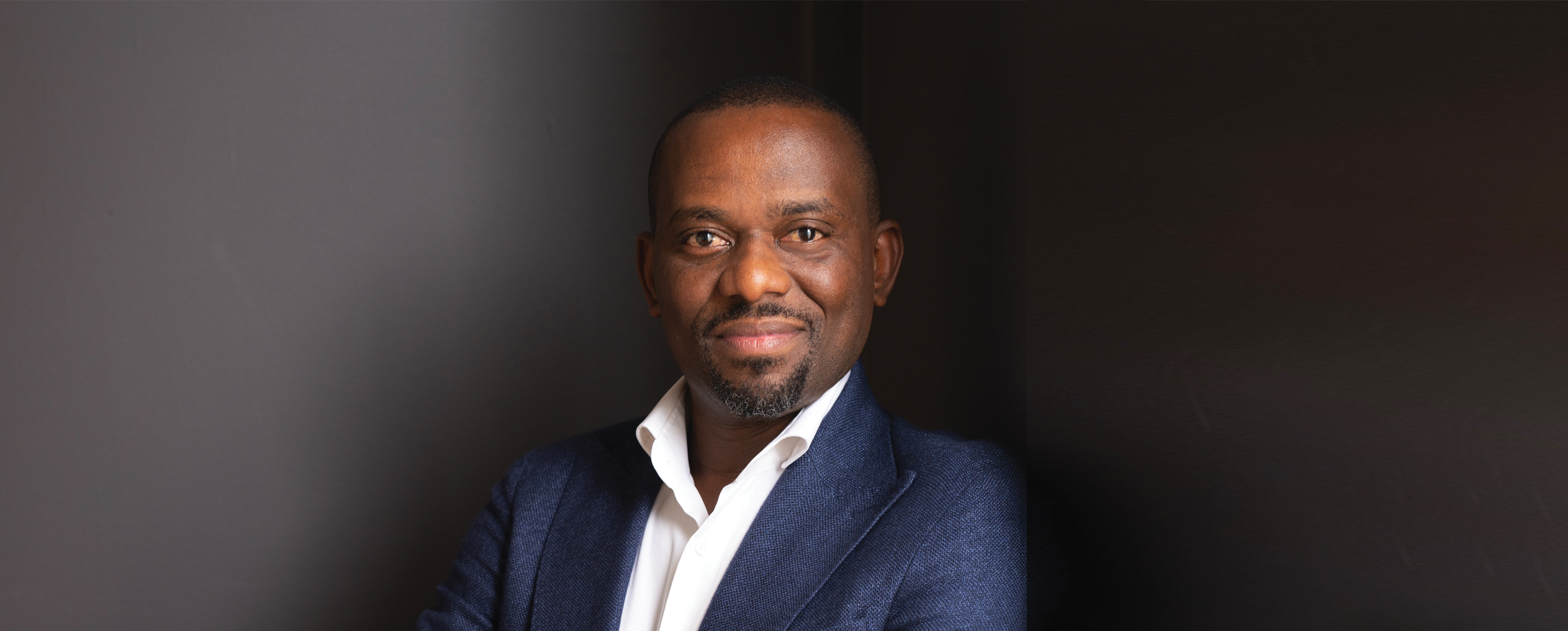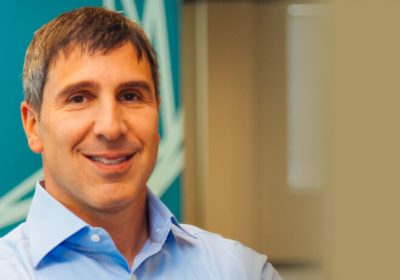
- Author: Jessica Mudditt
- Posted: February 22, 2023
“Having access to the best technology helps us to be agile & future ready” Kon Hara, CFO Eightcap
The upgrade is improving the global finance team’s efficiency and effectiveness – and delivering transparency benefits too. CFO Magazine A/NZ’s Jessica Mudditt speaks with Eightcap CFO, Kon Hara in this exclusive interview.
Melbourne contract for difference (CFD) broker Eightcap grew so significantly in recent years that it outgrew its manual systems. Its finance team were overburdened by time-consuming manual processes, and its junior staff members, in particular, were saddled with repetitive tasks.
“When I joined the company last year [as CFO], it was undergoing a very significant transformation,” says CFO Kon Hara. “It progressed from having just four staff members to 200 worldwide, with 100 of those in Melbourne. Revenues doubled in the last twelve months.”
Eightcap was established in 2009 and it has six offices worldwide, with its headquarters in Melbourne. Its clients in Europe, Asia, and more recently in South America, were seeing massive growth. Finding the right solution was critical.
Eightcap’s finance team needed to monitor the reconciliation requirements of specific regulatory license issues on a daily and monthly basis, and there was a sharp increase in transaction activity on its CFD platform. A CFD is a financial derivative that enables traders to speculate on the rise or decrease in the value of a financial instrument, such as currencies. Eightcap’s global platform enables its clients to trade on a range of markets across FX, indices, commodities, cryptocurrency and shares CFDs.
“I was interested in a scaleable solution that would not be disrupted by the growth of our business – I didn’t want to be in a situation where we would have to go back to the market and say, ‘Sorry, we aren’t able to do this for you,’” says Hara.
“Obviously, eliminating the existing pain points in our processes was key, but these attributes were equally important. BlackLine met all those requirements.”
Eightcap gained multiple benefits from installing BlackLine’s Modern Accounting Playbook (MAP) last year. BlackLine MAP is a solution package based on leading practices to help companies get up and running quickly on BlackLine’s market-leading accounting automation platform and guide them through a proven process to achieve a stress-free financial close. “BlackLine MAP shaves valuable time off the close and bolsters financial statement integrity, leading to quicker financial results, better operational decisions and decreased organisational risk,” says Vijay Raghvani, Regional Vice President – Mid Market Asia Pacific, BlackLine. “Businesses want to automate manual tasks in a way that engages with the workforce. Customers who have taken this onboard are seeing less disruption to their business and a significantly faster return on investment due to the structured approach.”

Automating reconciliation processes has made Eightcap’s operations more streamlined, while internal controls have been bolstered and potential risks removed. It has also brought visibility across the business and boosted productivity by removing repetitive processes.
BlackLine was able to customise its solution to meet Eightcap’s specific requirements, and it provided a clear cost model and delivered on time. It also provides support for effective day-to-day cloud-based financial operations, including replacing the manual management of payment providers based on spreadsheet reconciliation.
A broader transformation
Along with new reconciliation processes being adopted, Eightcap also reimagined its finance goals and task management processes. To implement changes beyond reconciliation processes, it needed to restructure the team division of responsibilities to create a broader transformation of finance.
Eightcap’s finance team is made up of 24 people working from Melbourne, London, Cyprus and South America.
“The structure of the team has also evolved in terms of their scope, from initially having a single company to now five or six entities,” says Hara. “At the moment, our finance manager Liuyang Li does most of the day-to-day management of the finance team. [Liuyang Li] is really hands on, as we are redefining the organisation. The growth role within the CFO is changing with us.”
Its biggest finance team handles financial reporting, financial accounting and operations. As Eightcap operates under different licenses and has key relationships with regulated entities, its group business structure has been changing to reflect that.
“There’s a whole new branch of initiatives, product market, opening that is sort of your core optimising type strategy across the group,” says Hara. “For me as the CFO, I need to make sure that we are building strong capabilities within the finance team so that we can support the business as it scales up.”
Gaining an edge in the talent wars
He adds that having access to the best technology helps his team to be agile and future ready.
And in today’s competitive market for talent and recruiting, technology provides Eightcap with a competitive advantage.
“With the market being as competitive as it is these days, it’s not attractive enough to create a job description that could be done by a robot,” says Eightcap’s CEO, Tim Brady.
He says that graduates are used to taking on junior accounting and bookkeeping that are mundane, but seek progression and meaningful work as soon as possible – and may look elsewhere if they cannot find it.
“From a skills point of view, the BlackLine MAP solution improves productivity,” says Brady. “It can manage some of the ‘boring’ but very important tasks, such as reconciliation. Instead of getting talented candidates coming through and spending much of their time doing manual reconciliation, we can build their talent early on and get the best out of them, rather than bogging them down with manual work.”
Hara says that for Eightcap, having efficient processes that are enabled by technology is the pinnacle of sort the finance function that it is trying to build. He expects that turnover, especially among junior roles, will be reduced.
“With everything that we’re doing right now, we are as much as possible deviating from the old days, when we had our junior staff doing repetitive tasks.”
The technology began to be implemented from mid-2022, and it is still in the process of changing the broader mindset. Hara foresees that within two to three years, the benefits will outweigh the investment costs.
Transparency benefits too
“When we think about implementing technology, it is usually thought about in terms of improving efficiency and saving time,” says Hara. “But I think one of the key benefits we’re seeing right now is actually the increased transparency that leads to better governance and a better control environment within finance and in the company overall.”
For example, on the payment pipelines, it is now possible for tasks to be signed off with greater clarity and to track whether it was peer reviewed on time, and if the supporting documents to substantiate the work being completed are provided.
He adds that this flows through to audits as well, with auditors able to rely on controls more and do less testing as a result, which should result in lower bills.








